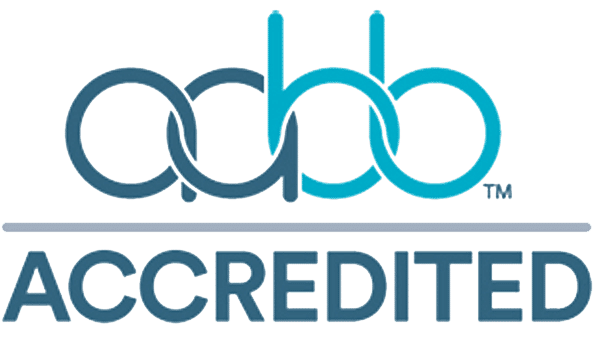Common Reasons for DNA Testing in Champaign
Establishing parentage for custody/support.
In parental responsibility and support cases, DNA testing provides undeniable biological evidence, aiding the court's decision-making for fair custody and financial arrangements.
Confirming familial relationships.
Unlock the truth of family connections with DNA tests that offer concrete results, resolving uncertainties among siblings or extended family members, and supporting solid family ties.
Immigration cases requiring proof of biological relationships.
DNA evidence in immigration applications is crucial for establishing kinship, speeding up processes like visas and citizenship, ensuring you meet necessary requirements smoothly and efficiently.
Adoption cases or identifying unknown biological relatives.
Through DNA testing, adoptees can unearth their biological roots, aiding in their quest for identity and heritage by pinpointing relatives, thus providing important personal insights.
Genealogy and ancestry exploration.
Our DNA tests illuminate ethnic origins and genealogy, offering a comprehensive map of ancestral journeys, allowing a richer exploration of one's heritage and past connections.




